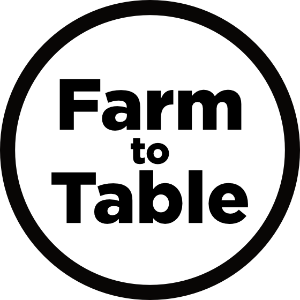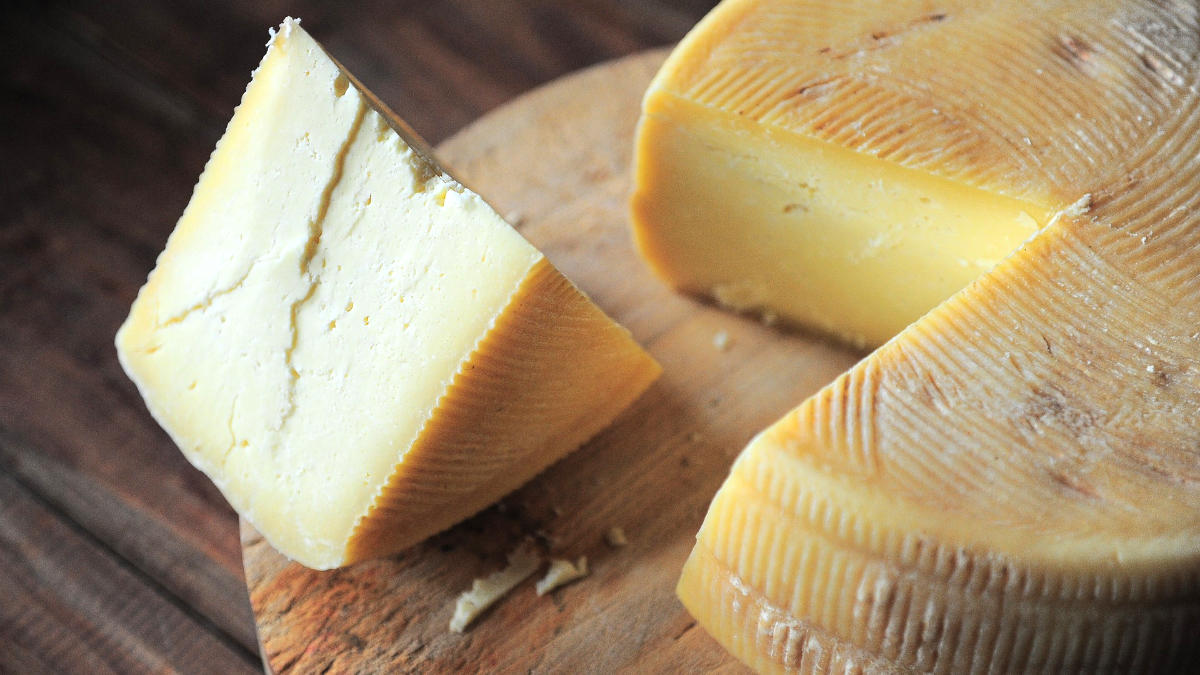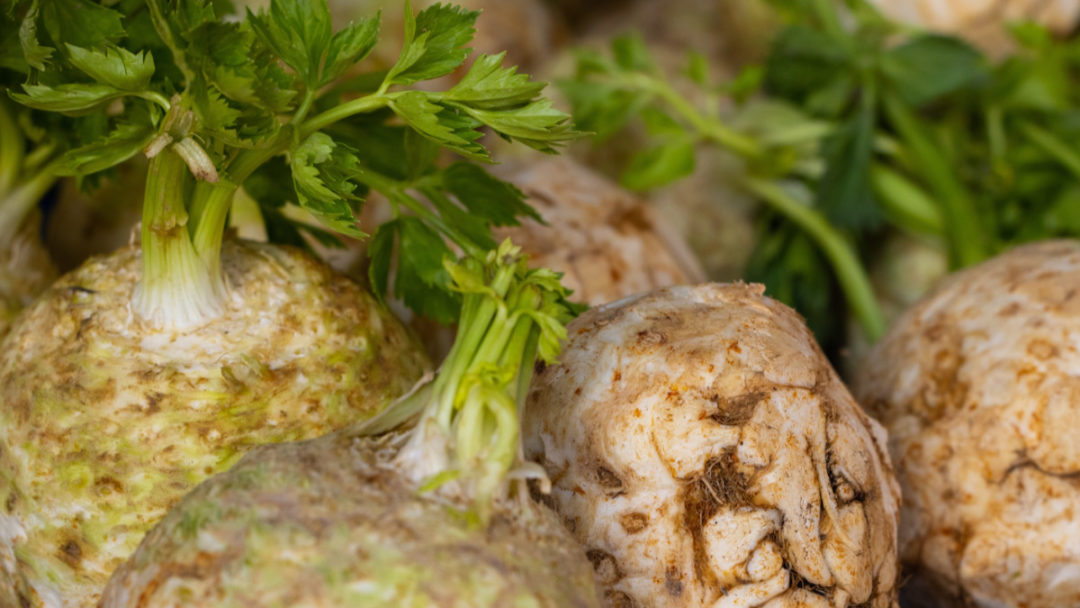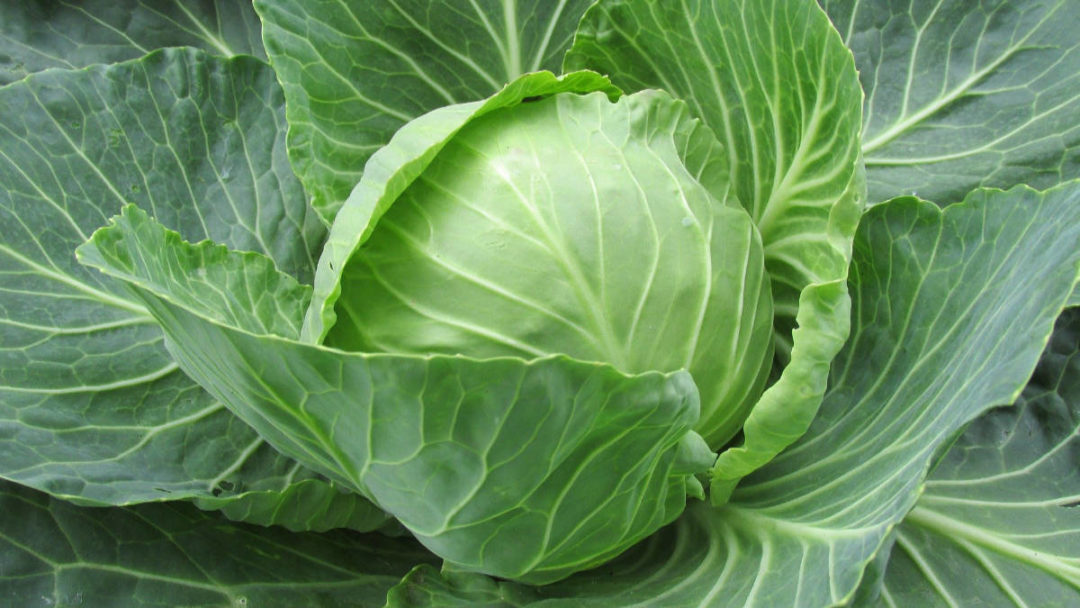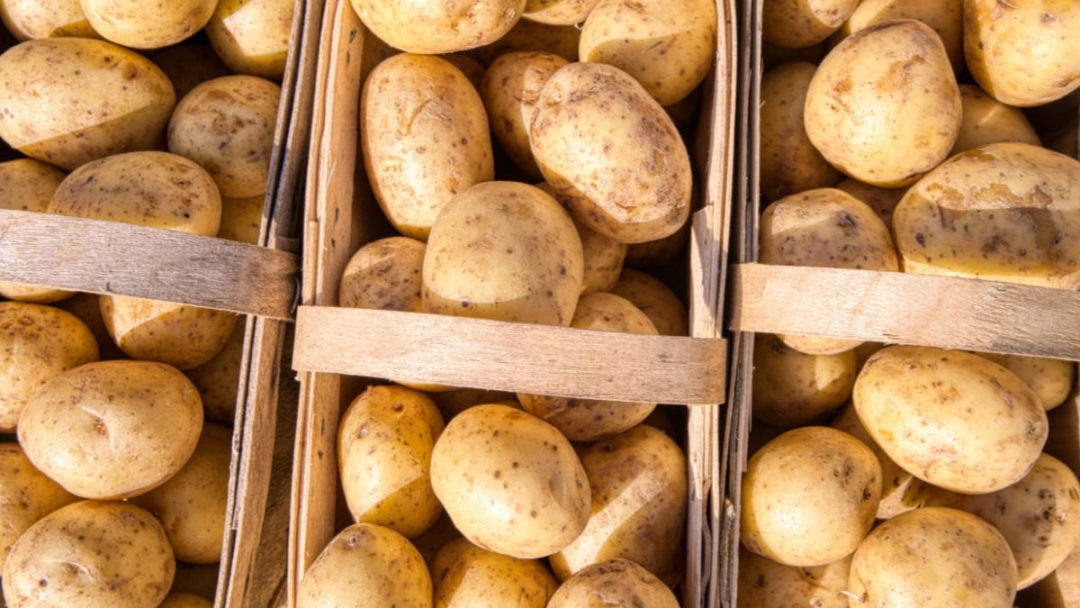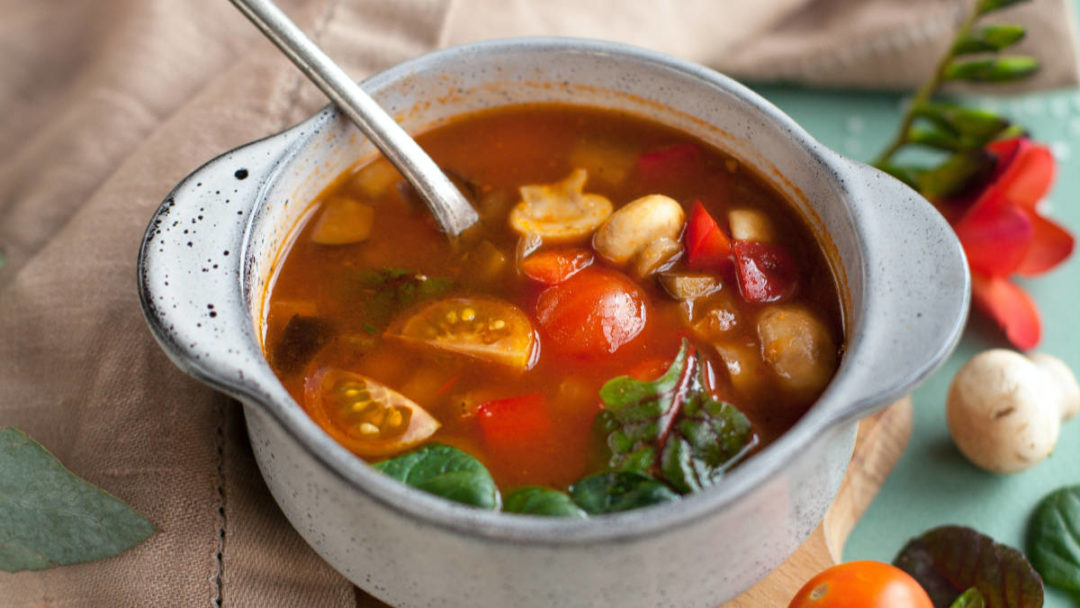You often hear that consuming cheese is very beneficial to our health and we should include more of it in our diet. But that may not always be true. Some cheeses in larger quantities are neither healthy nor particularly beneficial to our planet.
The production of hard cheeses consumes up to ten times the amount of milk for the final product than the resulting cheese mass. This places hard cheeses among the foods with the highest CO² production, and in general, we should slow down their consumption as people. Soft cheeses like mozzarella, ricotta, or cottage cheeses are more suitable for the planet.
For us humans, the problem with cheese is the amount of fat, but especially the amount of salt. It is used both for flavor and primarily for preservation during longer aging. Sodium is important for our health, but in a regular diet, we consume about three times more than we need. Hard and semi-hard cheeses are an excellent source of calcium, for which we should certainly not condemn them, but they contain more than 1.5% salt. And that’s quite a lot. In a regular diet, we should limit them.
Delicious tasting mold cheeses, like the popular blue cheese, contain almost double the salt and are also very fatty. We should consume them really sparingly. Almost 6% salt is also found in, otherwise nutritionists praise, Olomouc cheese. On the other hand, they have really minimal fat and are an excellent source of protein. Therefore, by consuming them regularly in moderate amounts, you definitely won’t go wrong.
For summer salads, choose mozzarella instead, which has a salt content of up to 1.5%, and avoid feta, or soak it in milk beforehand and let it partially desalinate.
What we should avoid in our diet are processed cheeses. They are usually not of high quality, and the high content of melting salts, sodium, and phosphorus does not benefit us at all. Moreover, they leach calcium from our bodies, and we definitely don’t need that.
